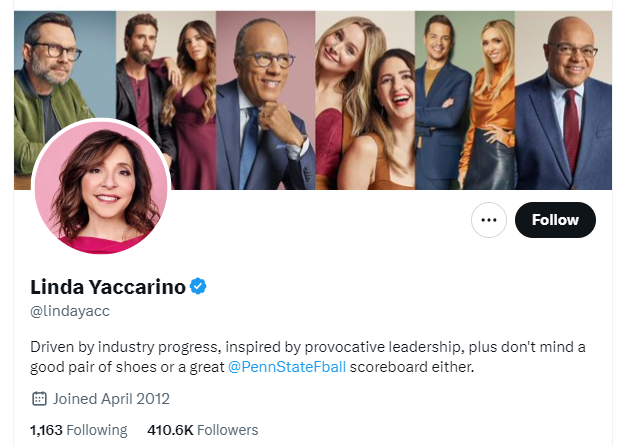What is the Glass Cliff?
The “glass cliff” is a term used in business management context to describe a phenomenon where women (and sometimes members of other underrepresented groups) are more likely to be put into leadership roles during times of crisis or downturn when the chance of failure is highest.
The concept of a glass builds on the “glass ceiling” metaphor, which refers to an invisible barrier that prevents mostly women from advancing within a hierarchy. The “glass cliff” suggests that when these individuals break through the glass ceiling, they are often put in precarious positions that set them up for failure.
Research has suggested a few possible reasons for the existence of the glass cliff. For instance, it may be that stereotypical beliefs about gender and leadership roles play a part. Women are often seen as being more nurturing, cooperative, and good at handling relationships, which are valuable traits in a crisis. However, if the company the new female leader is hired into does not improve, she might be blamed and suffer the consequences, reinforcing gender biases.
Another perspective is that decision-makers may unconsciously consider women and other minorities expendable or less valuable, thus more suitable for high-risk roles that others do not want.
The “glass cliff” term was first coined by researchers Michelle K. Ryan and Alexander Haslam of the University of Exeter, UK, in 2005.
The Glass Cliff, Linda Yaccarino and Twitter

Elon Musk’s May 12, 2023, appointment of Linda Yaccarino, a highly-regarded advertising executive from NBCUniversal, as Twitter’s new CEO sparked renewed intense discussion about the “glass cliff” phenomenon.
Yaccarino’s appointment comes amid turbulent times at Twitter, with Musk causing a stir in his initial few months, including mass firings and changes that have soured some users and advertisers on the platform.
Yaccarino, who previously oversaw NBCUniversal’s market strategy and advertising revenue, is considered an excellent fit to restore advertiser trust and improve Twitter’s ad business. However, her success is considered contingent on Musk’s willingness to step back from the day-to-day operations of Twitter.
Musk’s unusual conduct, including his unconventional approach to content moderation, has been highlighted as a significant challenge for the incoming CEO. Despite Yaccarino’s strong track record, industry insiders question whether she will be given the autonomy to steer Twitter towards stability and profitability.
In short, some commentators believe that Yaccarino faces the “glass cliff”.

Jeff is a lawyer in Toronto who works for a technology startup. Jeff is a frequent lecturer on employment law and is the author of an employment law textbook and various trade journal articles. Jeff is interested in Canadian business, technology and law, and this blog is his platform to share his views and tips in those areas.